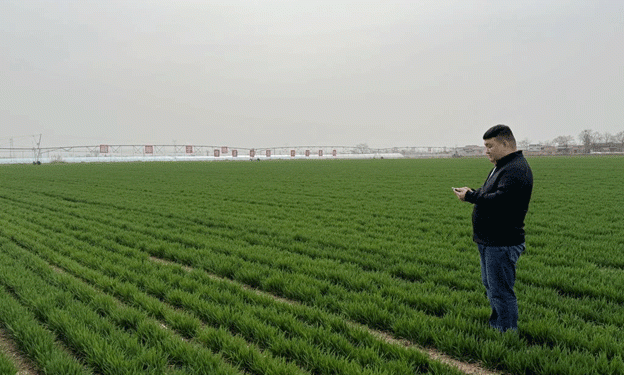In October 2024, wheat farmers in the Guanzhong Plain of Shaanxi Province embarked on a technologically advanced planting season. The integration of the BeiDou Navigation Satellite System (BDS) into agricultural machinery has transformed traditional farming practices, offering high-precision guidance that ensures accurate seed placement and uniform crop emergence. This precision reduces seed wastage and optimizes field utilization, leading to increased productivity.
Beyond planting, smart agriculture technologies have been deployed to monitor and manage crop health. Farmers utilize intelligent pest monitoring systems, automated disease warning mechanisms, and real-time climate forecasting tools to make informed decisions. For instance, unmanned aerial vehicles (UAVs) equipped with multispectral sensors provide detailed imagery of crop conditions, allowing for targeted interventions and reducing the need for blanket pesticide applications.
The adoption of these technologies is further influenced by farmers’ perceptions of climate risks. A study involving 531 farmers in Shaanxi Province revealed that those with a heightened awareness of climate variability were more inclined to adopt low-carbon agricultural technologies, leading to improved productivity and sustainability.
The integration of the BeiDou Navigation Satellite System and smart agriculture technologies in the Guanzhong Plain exemplifies the transformative potential of precision farming. By embracing these innovations, farmers can enhance efficiency, reduce environmental impact, and achieve higher yields, contributing to the sustainability and resilience of agricultural systems.
Error




